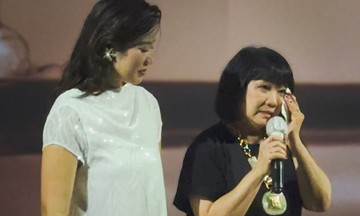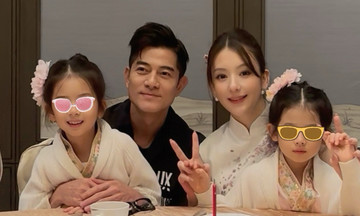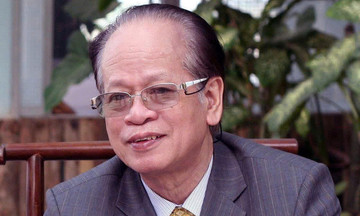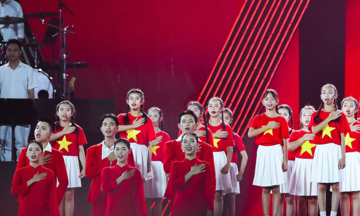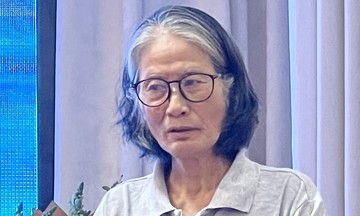* This article reveals some of the film's plot.
Director Le Van Kiet, known for the action film Furie, returns to the big screen after three years with a historical horror film. Set in northern Vietnam during the Restored Le dynasty (1533-1789), the film draws inspiration from the novel of the same name by writer Thuc Linh.
The film opens with a riverside wedding procession of a wealthy family. Nguyen Thi Nhai, a young woman from a distant village, is given in marriage as a concubine to Vu The Dinh (Huu Vi), the eldest son of the Vu family. A heavy burden is placed upon Nhai's shoulders as she is pressured by her father-in-law, Mr. Tri (artist Trung Anh), to bear a son to "carry on the family legacy".
From her first day as a bride, Nhai notices several mysteries. Her mother-in-law suffers from a strange illness, is unable to attend the wedding, and remains secluded in her room. Nhai is subjected to strict family rules, forbidden from going outside during the full moon. The household servants begin to disappear without explanation. Investigating these occurrences, Nhai discovers a pact with evil spirits made by the Vu family, a pact that designates her as a sacrifice.
The motif of a bride confronting evil spirits isn't new, having appeared in films like The Ghost Bride, a collaboration between Vietnam and Thailand, and The Soul Reaper, Tran Huu Tan's 2023 film. The Bride's Contract distinguishes itself from these previous works primarily through Le Van Kiet's storytelling style.
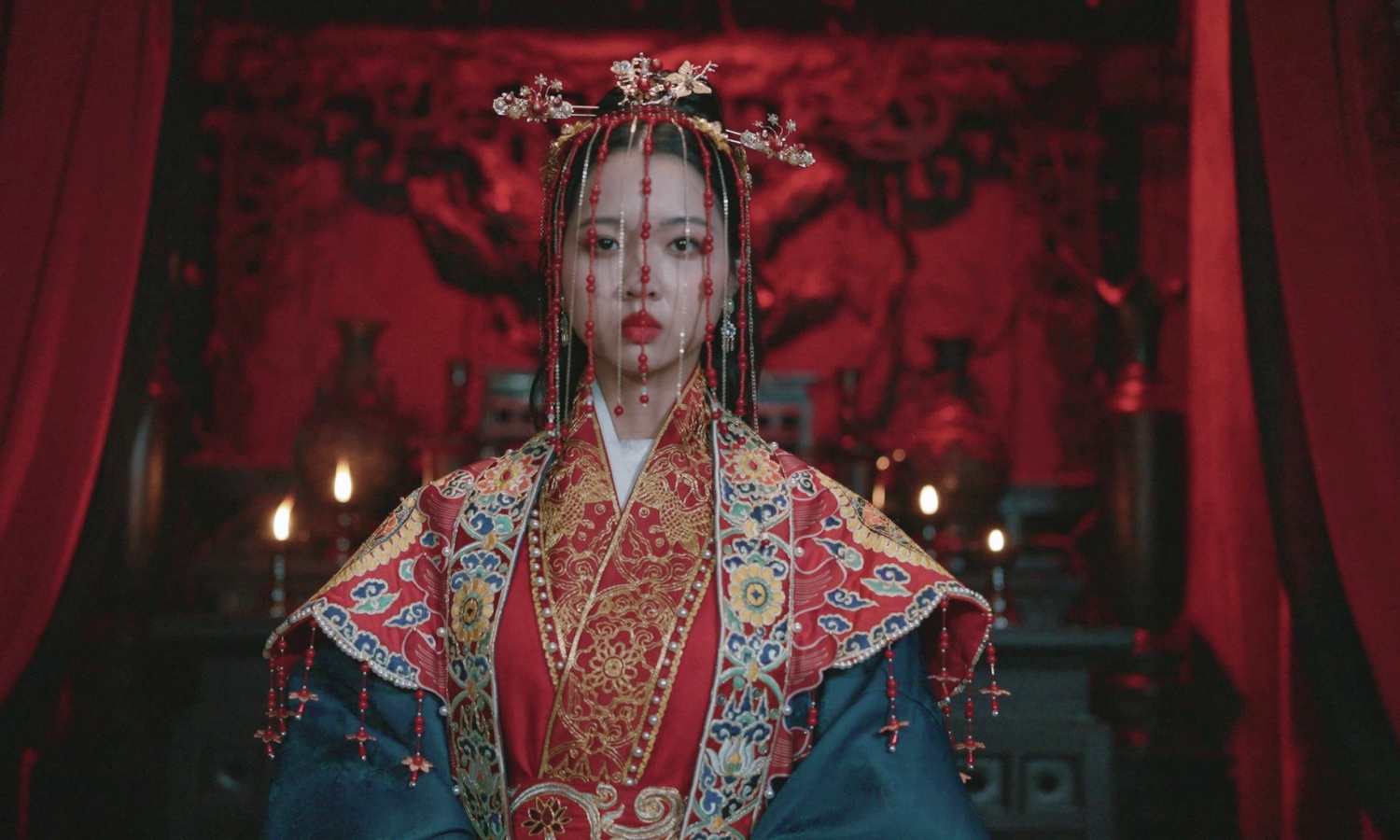 |
Lam Thanh My stars in "The Bride's Contract". Photo: Nhat Dong |
The director avoids jump scares, instead cultivating fear through a somber atmosphere. Using a predominantly cold, gray color palette, the film portrays a sense of dread through the setting of the isolated mansion. Lighting amplifies the unsettling mood, from the flickering oil lamps in the hallways to the shadowy figures lurking in paintings. The altar of Moc Tam Quy, the film's spiritual entity, creates a striking visual effect with its vibrant red hues.
The costume and set design are meticulously crafted with a high degree of realism. In scenes where Nhai is tormented by the evil spirits' dark magic, the director uses close-ups of wounds in a body horror style. The sound design also contributes to the unsettling atmosphere through the use of reverberation, such as mysterious voices echoing from afar and the howling wind at midnight.
Among the cast, Lam Thanh My delivers a compelling performance, portraying the tragedy of a young woman forced into a loveless marriage. The Gen Z actress has been a familiar face in the horror genre for years, with roles in Hollow (Ham Tran), Scandal 2 (Victor Vu), and Tam Cam: The Untold Story (Tran Huu Tan), though primarily as a child actor. In The Bride's Contract, she takes on a new challenge as a wife trapped in a marriage without love. Lam Thanh My effectively conveys the character's emotional shifts, from the initial bewilderment upon entering her husband's home to the shock of uncovering the family's dark secret. In the latter half of the story, Nhai endures childbirth and fights to protect her child against the onslaught of evil forces. In the climactic scene, as Nhai is gradually possessed by the evil spirit, the actress delves into the psychological struggles driven by maternal love.
Despite limited screen time, Mr. Tri stands out as a compelling antagonist. Artist Trung Anh gives a memorable performance as the domineering father blinded by greed for wealth and power. Through his expressions, gaze, and gravelly voice, the veteran actor creates the image of a calculating figure behind the tragedy.
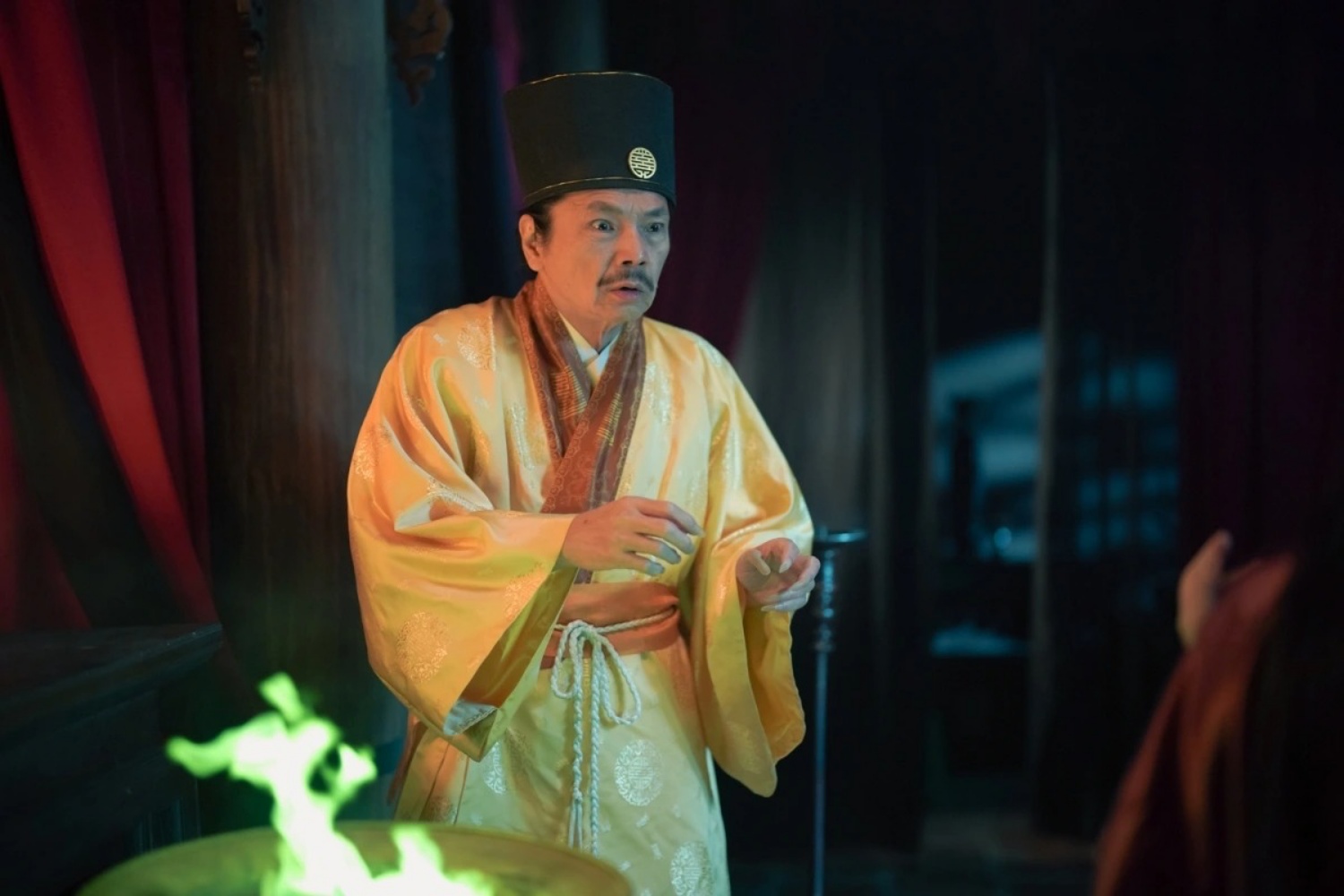 |
Trung Anh as Mr. Tri in the film. Photo: Nhat Dong |
The film suffers from a lack of focus in its script. With a runtime of nearly two hours, it tackles numerous themes prevalent in historical society, including gender inequality, the pressure to produce male heirs, maternal love, romantic love, and the consequences of greed. This overabundance of themes makes the film feel disjointed and detracts from the impact of the ending. Additionally, the way the characters defeat the evil spirits feels rushed and unconvincing.
Some subplots, such as the love story between the second son, The Giang (Lanh Thanh), and his wife, Trieu Chau (Tra My), are underdeveloped and fail to resonate emotionally. Audience member Luu Dinh Long, a writer in Ho Chi Minh City, praised the film's visuals. However, he felt the script was sometimes unfocused and the pacing uneven. "In the final act, the plot points are resolved too quickly, diminishing the suspense," Long commented.
Some scenes, such as Huu Vi's nude scene at the beginning, are considered unnecessary. The director explained that this scene was intended to depict Nhai's emotional state on her first day in her husband's home and the couple's apathy towards their forced marriage.
Four days after its theatrical release, the film earned over 10 billion VND, according to Box Office Vietnam. In addition to its domestic release, the film premiered at the Busan International Film Festival (South Korea) in mid-September, in the Midnight Passion section, which showcases films with dramatic content.
Mai Nhat





